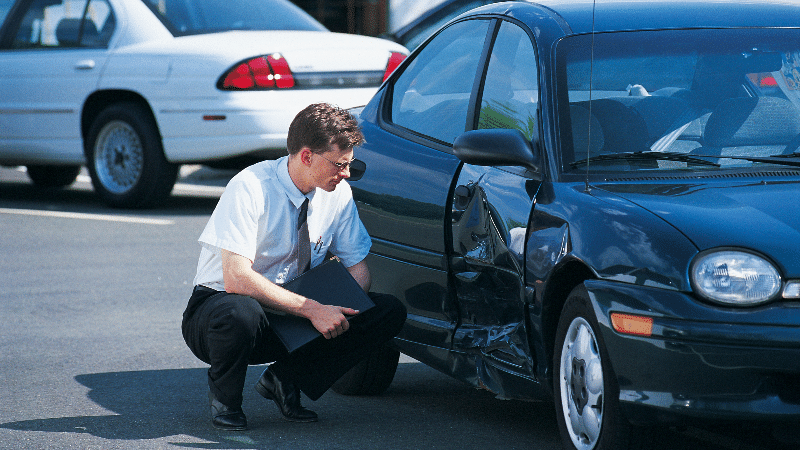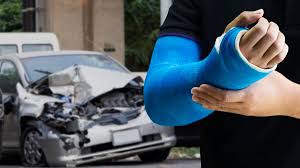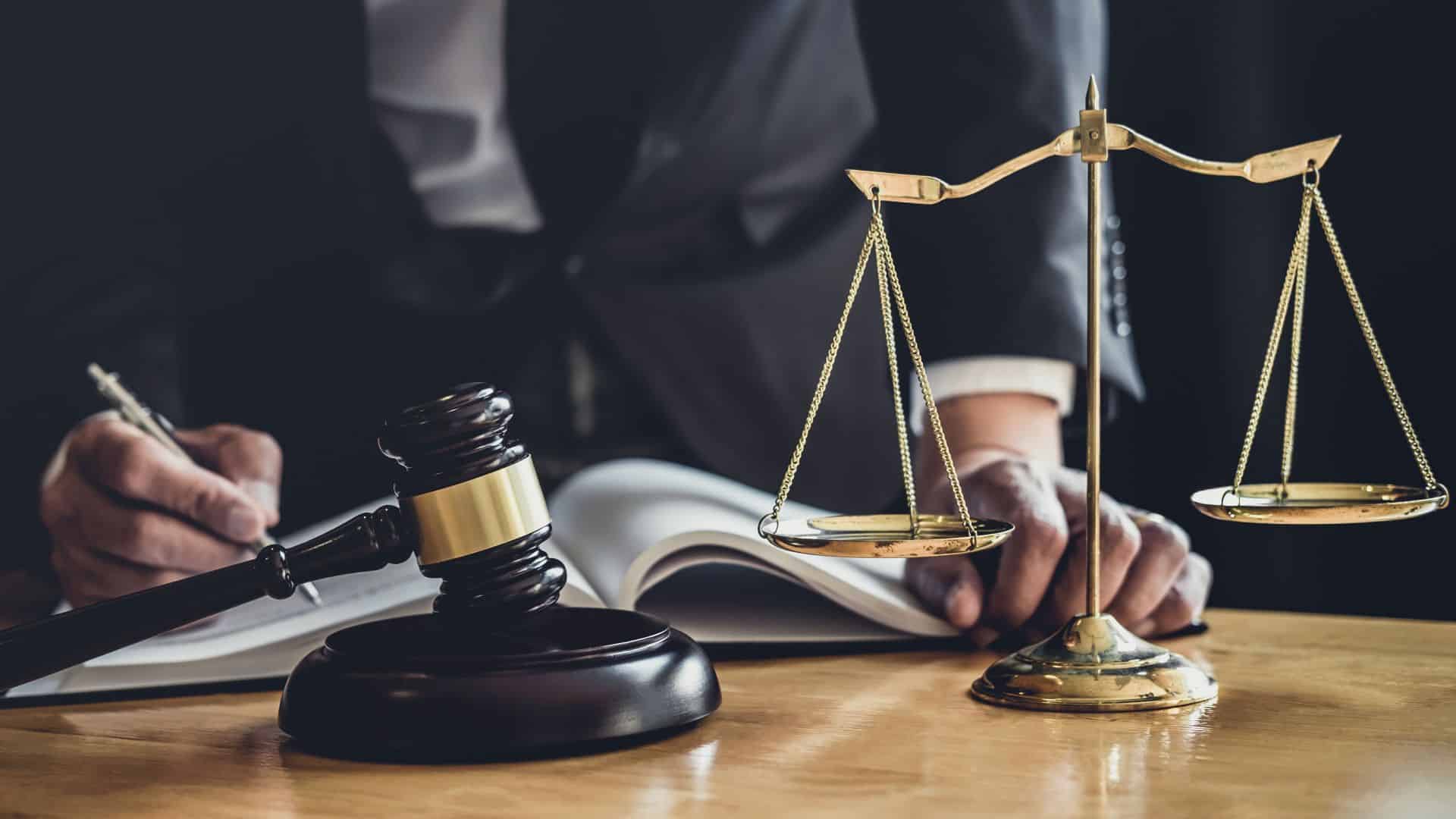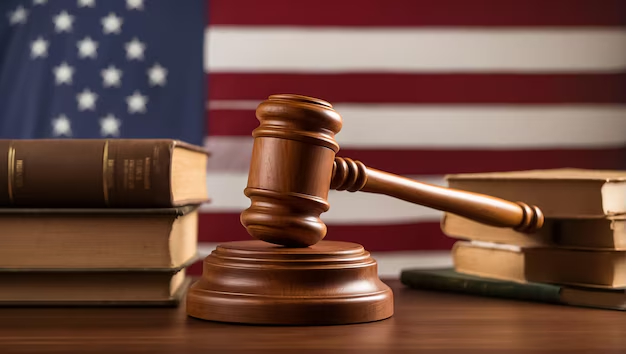After a car accident, many vehicle owners focus primarily on the physical injuries sustained and the immediate repairs needed for their cars. However, an often-overlooked aspect of auto accidents is the concept of “diminished value.” At 770GoodLaw, we believe it’s essential to understand this term and its implications for vehicle owners when seeking compensation after an accident.
-
What is Diminished Value?
Diminished value refers to the reduction in a vehicle’s market value after it has been damaged and repaired. Even if a car is restored to its pre-accident condition, it may still carry a stigma that affects its resale value. Potential buyers may be wary of a vehicle with a history of accidents, regardless of the quality of repairs.
-
Types of Diminished Value
There are three primary types of diminished value that can affect a vehicle’s worth:
- Immediate Diminished Value: This occurs immediately after the accident, as the car is considered damaged, regardless of repairs.
- Repair-Related Diminished Value: This takes place after repairs are made. If the repairs are of lower quality or if there are lingering issues, the vehicle may be worth less than similar models that haven’t been in an accident.
- Inherent Diminished Value: This type is because the car has a recorded accident history, which can deter potential buyers.
- Proving Diminished Value
To successfully claim diminished value after an accident, you must provide evidence that demonstrates the decrease in your vehicle’s worth. This may include:
- Pre-Accident Appraisal: Having a professional appraisal of your vehicle’s value before the accident can serve as a baseline.
- Post-Repair Appraisal: After repairs are completed, obtaining a new appraisal can help quantify the diminished value.
- Documentation: Keep all repair invoices, accident reports, and any relevant communication with insurance companies.
- How to Claim Diminished Value
If you believe your vehicle has suffered diminished value due to an accident, it’s essential to take the following steps:
- Notify Your Insurance Company: Report the accident and discuss your concerns about diminished value with your insurance adjuster.
- Gather Evidence: Compile appraisals, repair receipts, and any other documentation supporting your claim.
- Consult a Lawyer: If your insurance company disputes your claim or offers insufficient compensation, consider seeking legal advice from a personal injury attorney experienced in diminished value cases.
- The Importance of Awareness
At 770GoodLaw, we advocate for vehicle owners to be aware of their rights regarding diminished value. Many people are unaware that they may be entitled to compensation beyond just medical bills and repair costs. Understanding this aspect can significantly impact the financial outcome after an accident.
-
Preventing Diminished Value
While it may not be possible to prevent an accident, maintaining your vehicle’s condition can help mitigate diminished value. Regular maintenance, keeping detailed service records, and addressing any minor repairs promptly can preserve your car’s resale value.
Know Your Rights and Options
Diminished value is an important concept for vehicle owners to understand in the aftermath of a car accident. If you believe your vehicle has suffered a loss in value, don’t hesitate to explore your options for compensation. At 770GoodLaw, we are committed to helping accident victims navigate their legal rights and recover the full value of their claims. Contact us today for expert guidance and support on your journey to recovery.







